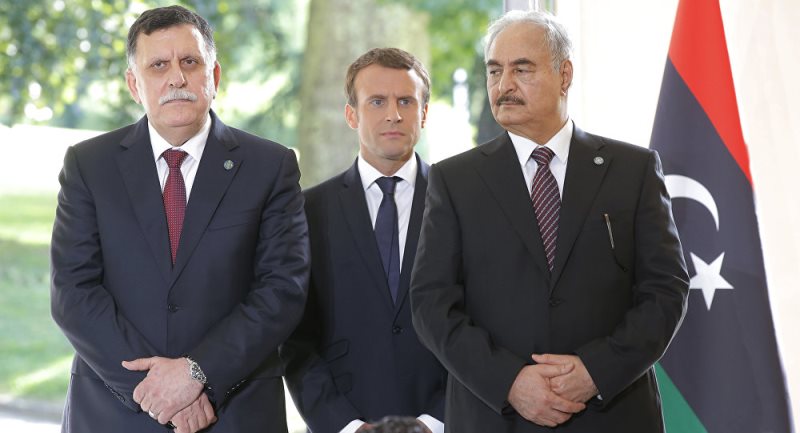Headlines:
- Iran and the Jewish entity Hold Talks
- Iran and Russia Divergence
- Libya Peace Talks: More of the Same
Iran and the Jewish entity Hold Talks
The Syrian government’s planned offensive against rebels in their nation’s southwest is a potentially volatile matter, particularly with the Jewish entity. Yet reports suggest virtually unprecedented indirect talks between the Jewish entity and Iran aim to avoid any accidental escalations. The reports, emerging from the Saudi media, say that Jordan is facilitating the talks at an Amman hotel. Iranian officials are in one room, and Jewish officials are in an adjacent one, with Jordanian mediators carrying messages back and forth. The plan, as it is starting to take shape, is that Iran will not participate in this offensive by the Syrian military. Jewish officials have suggested there are circumstances in which they would not intervene, but demanded Iran ensure no Shi’ah militias take part at all. So much for both nations being enemies!
Iran and Russia Divergence
Iran and Russia took part in Syria as allies and many began to talk of a Russian-Iranian alliance.
But doubts about Russia’s reliability are surfacing in Tehran, as a host of regional players begin to pick their way through tensions in southern Syria. For weeks, there have been signs that Russia is trying limit Iran’s military activity in Syria. On 17 May, Russian President Vladimir Putin said that with the Syrian army’s recent victories, foreign forces should withdraw from Syria. When asked for clarification, Putin’s envoy said that the president was referring to Turkish, American, Iranian and Hezbollah soldiers. Then, days after the Syrian army dropped leaflets warning rebels in Daraa to put down their weapons, both Zionist and Russian officials said publicly that only Syrian soldiers should be present as the government seeks to retake the southern province. From Tehran, Russia’s about-face triggered fierce reaction and a debate over whether Moscow can be trusted any longer. “As long as terrorism exists and the Syrian government wants, Iran will have a presence [in Syria]”, said Iranian foreign ministry spokesman Bahram Qassemi on 21 May. What this episode really shows is Russian and Iranian interest diverge significantly, despite periods of cooperation.
Libya Peace Talks: More of the Same
A “historic” moment is how French President Emmanuel Macron described a summit on May 29, between Libya’s rival factions aimed at bringing peace and stability after nearly seven years of turmoil. Meeting in Paris at Macron’s behest, leaders from the rival Tripoli and Tobruk-based parliaments agreed to hold elections later this year. But as cameras flashed around Elysee Palace, capturing Macron’s handshakes with Libyan Prime Minister Fayez al-Sarraj and eastern-based renegade General Khalifa Haftar, others were less optimistic. “While the optics of this meeting are very encouraging, there is no breakthrough here,” said Riccardo Fabiani, geopolitical analyst at UK-based Energy Aspects. “There is once again just a promise to solve the problems through dialogue and a timeframe that looks quite unrealistic,” Fabiani added, noting that the two rivals attending the Paris summit only gave their vocal support to the political roadmap without signing any agreement. The Paris meeting was attended by representatives from 20 countries, as well as from the United Nations, but was boycotted by some of western Libya’s most powerful armed groups. This is not the first time figures from Libya’s main rival camps have met – Macron hosted another meeting last July, while similar summits in Egypt, the UAE and elsewhere failed to produce any meaningful progress. In September 2017, Ghassan Salame, the UN’s Libya envoy, criticised the high number of talks taking place with regard to Libya. “There are six or seven different operations in front of Libyans’ eyes. Too many cooks spoil the broth,” he said at the time.

